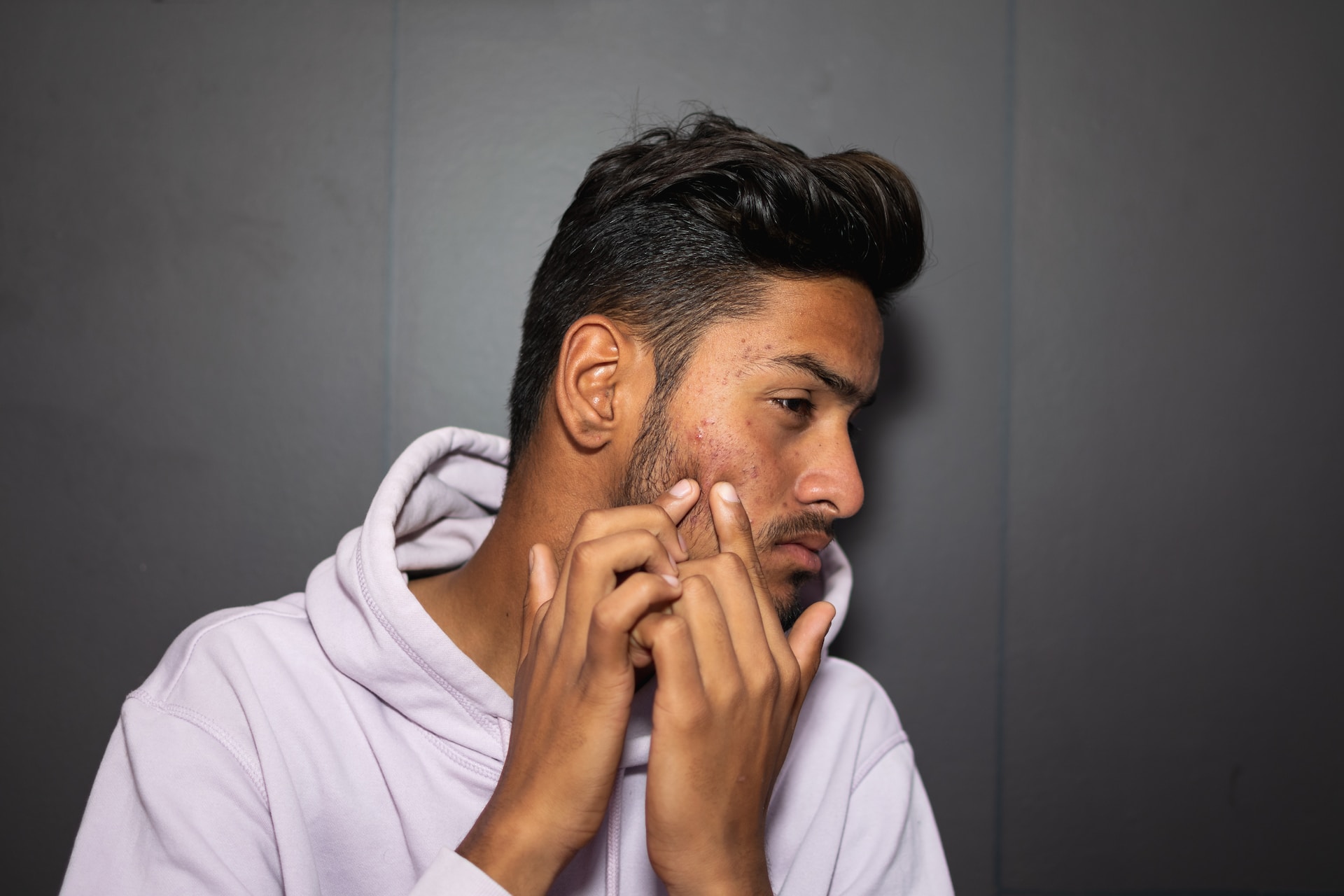
Our skin is a remarkable organ that protects us from external elements, but it can also be susceptible to various problems. From acne and eczema to psoriasis and hives, understanding the different types of skin problems is essential for proper diagnosis, treatment, and skincare.
In this blog post, we will explore common types of skin problems, their causes, symptoms, and available treatments. By increasing our knowledge of these conditions, we can promote skin health, seek appropriate medical advice, and adopt effective skin care practices.
Let’s delve into the world of skin problems and gain a better understanding of these dermatological concerns.
Acne
Acne is a skin condition that affects millions of people worldwide, particularly during adolescence. It occurs when hair follicles become clogged with oil, dead skin cells, and bacteria. Common symptoms include pimples, blackheads, whiteheads, and sometimes cysts. Hormonal changes, genetics, and certain medications can contribute to acne.
Treatment options range from over-the-counter topical products to prescription medications and dermatological procedures such as Forma Facial RF, depending on the severity of the condition. Proper skincare, including gentle cleansing, avoiding irritants, and maintaining a healthy lifestyle, can also help manage acne.
Eczema
Eczema, also known as atopic dermatitis, is a chronic inflammatory skin condition characterized by dry, itchy, and inflamed skin. It often begins in infancy or childhood but can persist into adulthood. Eczema can be triggered by allergens, irritants, stress, or climate changes.
Symptoms include red, itchy patches, rough or scaly skin, and even blisters in severe cases. Treatment involves moisturizing the skin, avoiding triggers, and using topical corticosteroids or other prescribed medications to manage inflammation and itching.
Additionally, practicing good skincare habits and identifying and managing triggers can help control eczema flare-ups.
Psoriasis
Psoriasis is an autoimmune disease that causes the rapid buildup of skin cells, resulting in raised, red patches covered with silvery scales. These patches, known as plaques, can be itchy and may cause discomfort or pain. The exact cause of psoriasis is unknown, but genetics and the immune system play a role.
Treatment options include topical creams, phototherapy, oral medications, and biologic injections, depending on the severity of the condition. It is essential for individuals with psoriasis to maintain good skincare practices, manage stress, and avoid triggers that can exacerbate symptoms.
Furthermore, consulting a skin specialist is essential for identifying the most effective treatment plan tailored to individual needs. By seeking expert advice, individuals could ensure they receive the latest treatment options and personalized guidance to manage their condition more effectively.
Rosacea
Rosacea is a chronic inflammatory skin condition that primarily affects the face. It is characterized by persistent redness, visible blood vessels, and small, pus-filled bumps. Triggers for rosacea can include sunlight, certain foods, alcohol, stress, and temperature extremes. While the exact cause is unknown, factors such as genetics and an abnormal immune response may contribute to its development.
Treatment options for rosacea include topical medications, oral antibiotics, laser therapy, and lifestyle modifications to avoid triggers. Gentle skincare, sun protection, and managing stress levels are also crucial in managing this condition.

Dermatitis
Dermatitis refers to the inflammation of the skin, which can be caused by various factors such as irritants, allergens, infections, or genetic predisposition. Contact dermatitis occurs when the skin comes into contact with substances that provoke an immune response, resulting in redness, itching, and a rash.
Atopic dermatitis, a form of dermatitis, is a chronic condition characterized by itchy and inflamed skin. Treatment options for dermatitis include identifying and avoiding triggers, using topical corticosteroids or immunomodulators, and maintaining good skincare practices. Moisturizing the skin regularly and using gentle, fragrance-free products can help manage symptoms.
Hives (Urticaria)
Hives, also known as urticaria, are raised, itchy welts that appear on the skin. They are usually caused by an allergic reaction to certain foods, medications, insect bites, or environmental factors. Hives can vary in size and shape, and they may come and go within a few hours or persist for days.
Antihistamines are commonly used to relieve itching and reduce the appearance of hives. In some cases, identifying and avoiding triggers is necessary to prevent recurrent episodes. If hives are severe or accompanied by difficulty breathing or other systemic symptoms, immediate medical attention should be sought.
Vitiligo
Vitiligo is a skin disorder characterized by the loss of pigmentation, resulting in white patches on the skin. It occurs when the cells responsible for producing melanin, called melanocytes, are destroyed or cease to function properly. The exact cause of vitiligo is unknown, but it is believed to be an autoimmune condition.
While there is no cure for vitiligo, treatment options aim to even out skin tone, protect the affected areas from the sun, and improve the appearance of the skin. These include topical corticosteroids, topical calcineurin inhibitors, depigmentation, and camouflage techniques.
Fungal infections
Fungal infections of the skin can affect various areas of the body and are caused by different types of fungi. Common fungal infections include athlete’s foot (tinea pedis), ringworm (tinea corporis), and yeast infections (candidiasis). These infections can cause itching, redness, scaling, and sometimes blisters.
Antifungal medications in the form of creams, powders, or oral medications are commonly used to treat fungal infections. Good hygiene practices, keeping the affected areas clean and dry, and avoiding sharing personal items can help prevent the spread of fungal infections.
Conclusion
Understanding the various types of skin problems and seeking proper medical advice is essential for effective skin treatment. From acne to fungal infections, each condition demands a personalized management approach. By adopting excellent skin care practices and avoiding triggers, we can prevent the impact of these dermatological concerns on ourselves.
Also, a healthy lifestyle and the use of suitable skin care products can promote skin health, leading to a bright and glowing complexion. Therefore, let us prioritize our skin health and seek expert guidance to achieve overall well-being.



